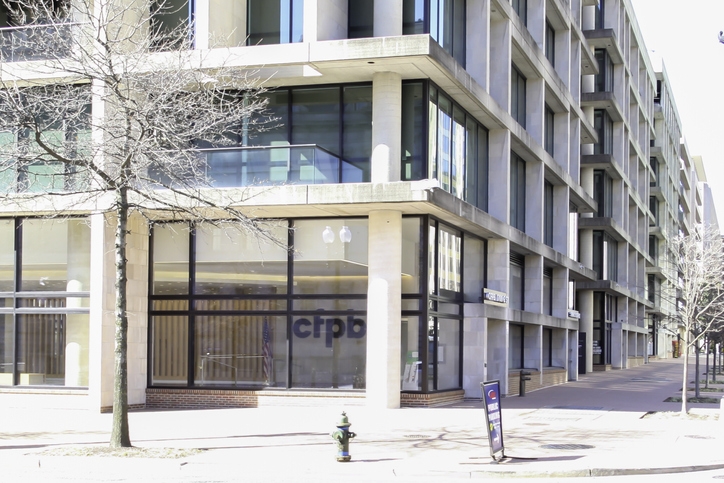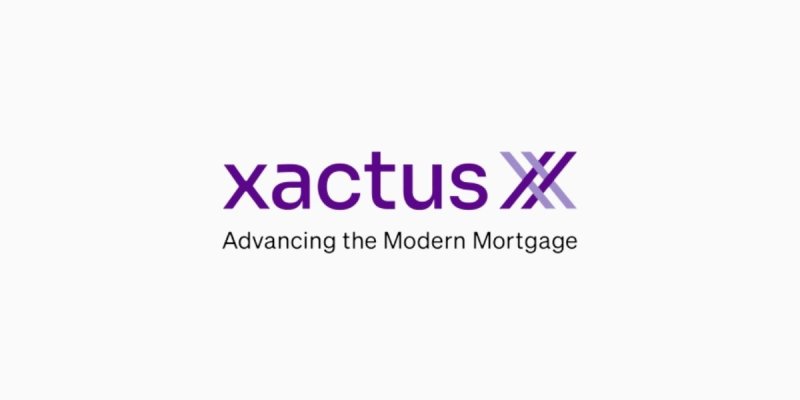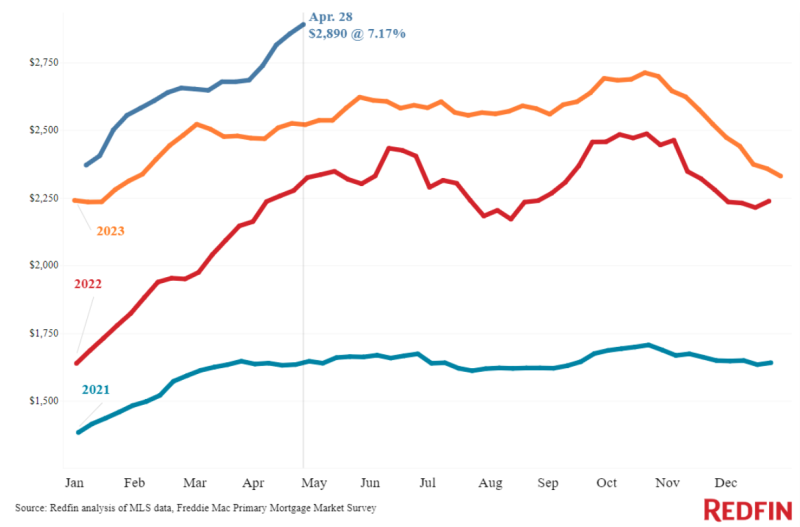
MBA Offers Suggestions For Improving Refis, Forbearance

Responds to CFPB's request for information published in September.
Prioritize reforms that will lower loan manufacturing costs, including a review of regulations that add to those costs that may have “unclear consumer benefits.”
That’s just one of the suggestions contained in a 22-page letter filed Monday by the Mortgage Bankers Association (MBA) in response to the Consumer Financial Protection Bureau’s (CFPB) request for information (RFI) on how to improve refis and mortgage forbearance for consumers.
The CFPB published its RFI in the Federal Register in late September, seeking public comment about ways to facilitate mortgage refinances for consumers, especially those with smaller loan balances; and ways to reduce risks for consumers “who experience disruptions in their financial situation that could interfere with their ability to remain current on their mortgage payments.”
The deadline for comments was Monday, the same day the MBA filed its letter, which was signed by Pete Mills, MBA senior vice president for Residential Policy and Strategic Industry Engagement.
In the letter, Mills states the MBA and its members “share the broader goal of the RFI to ensure that refinancing opportunities are broadly accessible and regulatory or other barriers do not unduly impact access to affordable and sustainable mortgages.”
He noted that, in 2021 and 2022, a combined total of over 16 million refinance loans were originated in the U.S., according to data collected under the Home Mortgage Disclosure Act (HMDA).
“While these were record levels of originations, there were likely borrowers who did not refinance their loans for a variety of reasons,” Mills said.
The MBA also supports the CFPB’s review of loss mitigation efforts during the COVID-19 pandemic, he said, “and evaluating the efficacy of widespread forbearance as a possible ‘first option’ going forward.”
Mills added that the MBA is working to produce “a comprehensive Future of Loss Mitigation review that considers many of the questions in the RFI,” and said the organization “will share that work product with the bureau soon.”
The MBA’s suggestions to the CFPB for improvements in refis include:
- Considering policies that would “facilitate beneficial subordinate mortgages for consumers seeking smaller loans balances.”
- Reviewing “the extent to which the Qualified Mortgage (QM) rule raises manufacturing costs on small balance loans,” including considering “reforms to the rule’s points and fees requirements tailored to the small loan threshold.”
- Considering “changes to the QM small loan exemption tiers to loans under $114,847,” and reviving the QM points and fees cure provision that expired on Jan. 10, 2021.
- Making “changes to the Loan Originator Compensation (LO Comp) rule to help consumers and reduce regulatory burden
- Supporting “streamlined refinances as an option for lenders and borrowers.” MBA said it believes that “any changes to enable streamlined refinances should include consumer protections that ensure the refinance is beneficial to the consumer.”
The letter also discusses “automatic refinance mortgages” and a potential product that could “provide for automatic or streamlined refinancing in the future, when certain market conditions are met.” However, the MBA raises a series of questions about them — including that they may be “difficult to price” and to “competitively market” — and stating that while “streamlined refinances may be a solution worth exploring,” auto-refis “present many difficult uncertainties and challenges that would be difficult to overcome.”
For improving forbearance, MBA suggests creating a clear and flexible loss mitigation regulatory framework “informed by the lessons learned from the pandemic.” These include:
- Enabling effective and broader adoption of short-term forbearance by amending live contact, written notice, and acknowledgement letter requirements for consumers already on a loss-mitigation plan.
- Alternatively, considering “removing short-term forbearance and short-term repayment plans altogether from what is considered to be a ‘loss mitigation option’ for purposes of Regulation X.” MBA states that while “this approach may seem extreme, it is worth noting that servicers would remain obligated to work with delinquent borrowers.”
- Eliminating regulatory barriers that inhibit servicers’ ability to offer borrowers quick and efficient streamlined programs that the federal regulatory agencies” and government-sponsored enterprises have established.
- Reducing unnecessary regulatory burdens.




